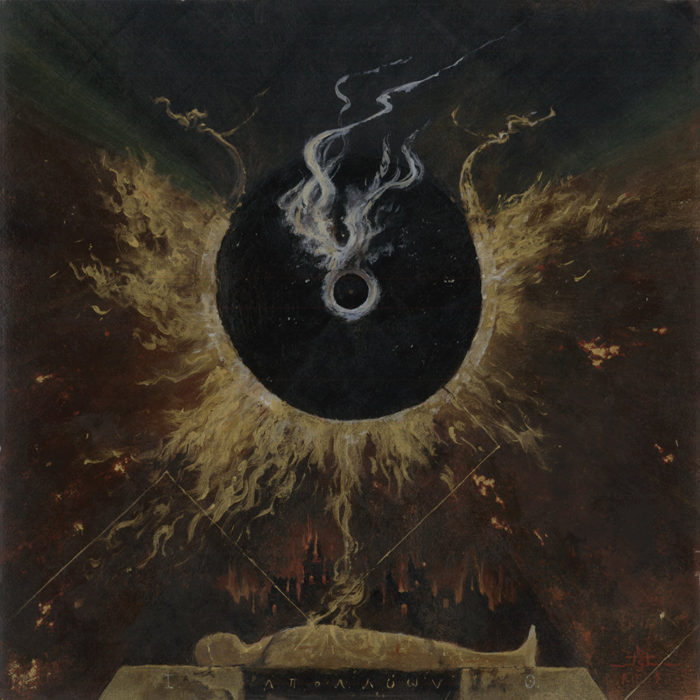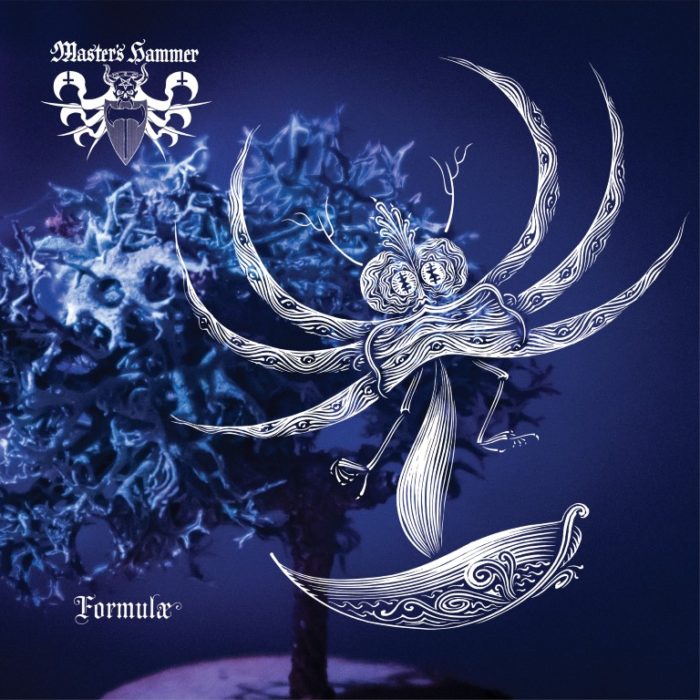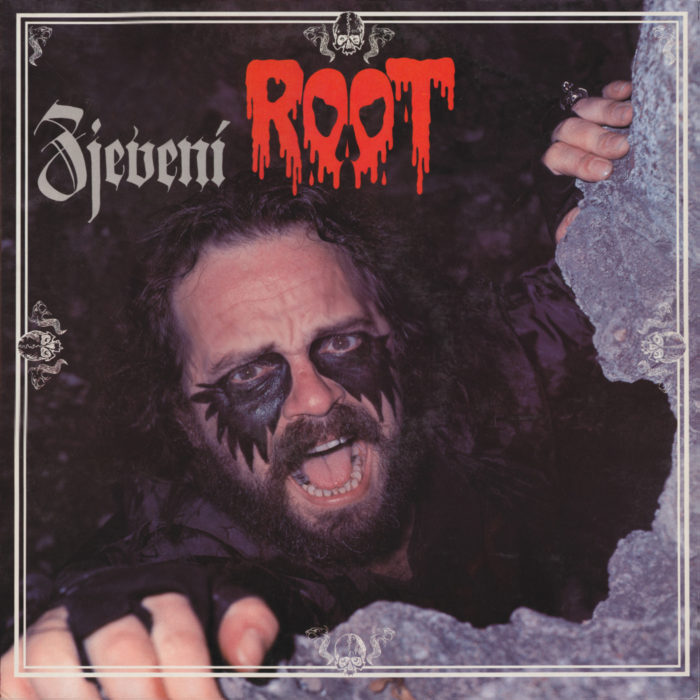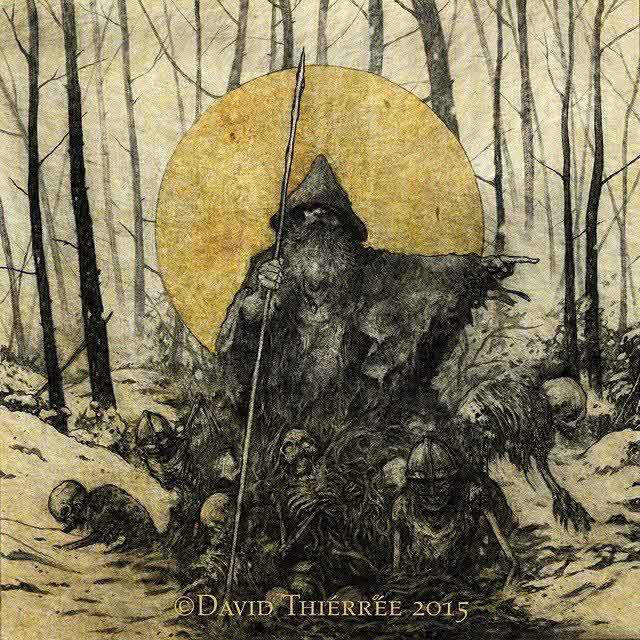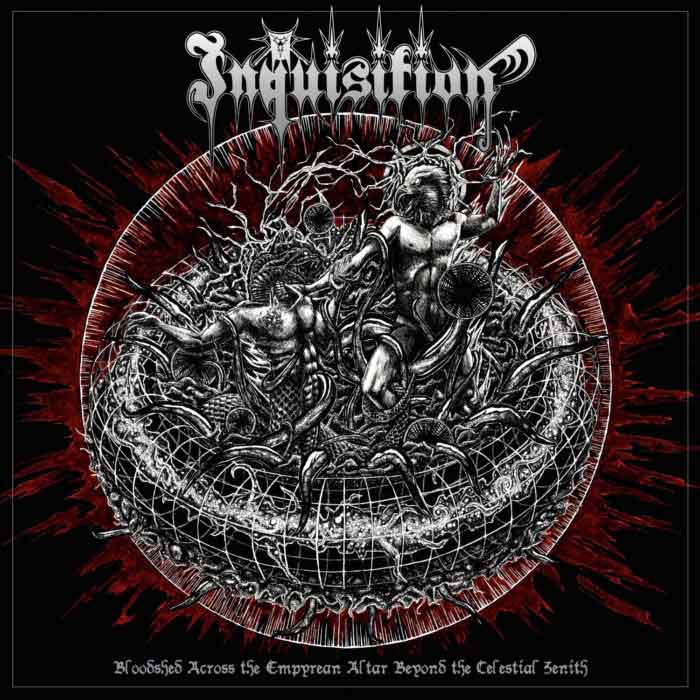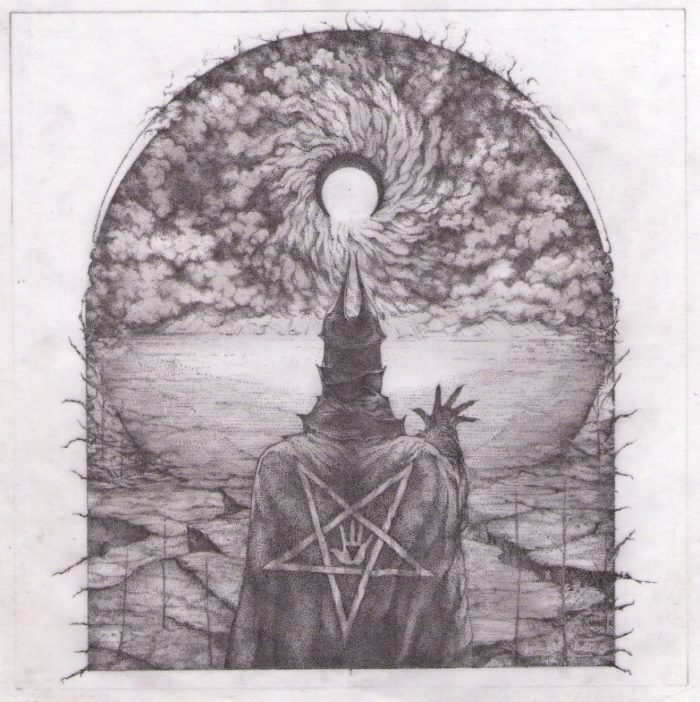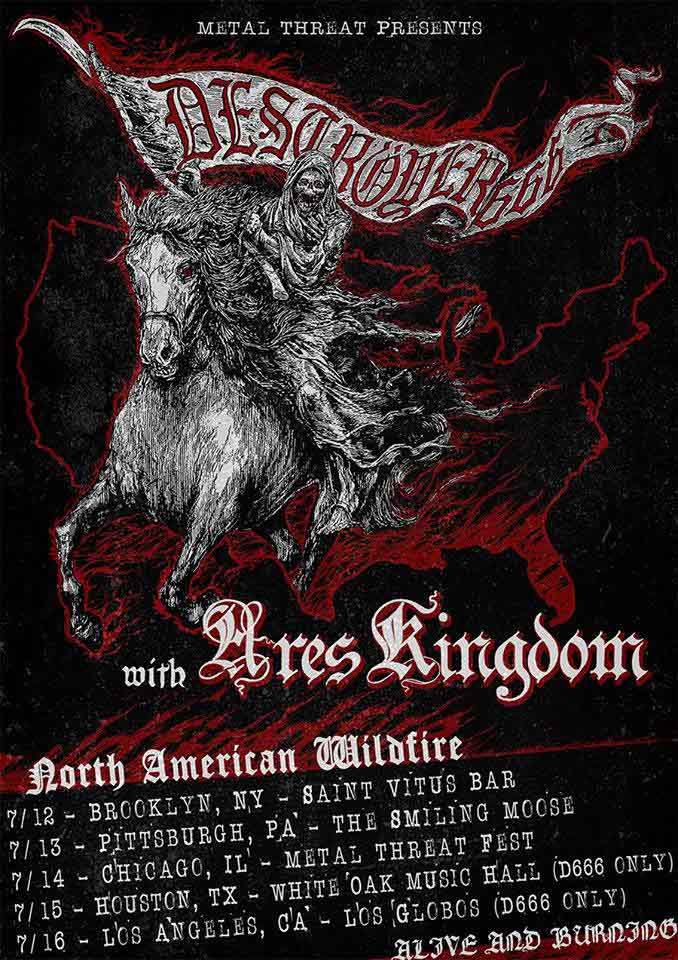Article by Corey M.
Irkallian Oracle make a conscious effort to sidestep many death metal conventions on Apollyon. They have been paying attention to the state of death metal over the last twenty years and noticed how many bands have traveled down the dead-end paths of “tech” and “slam” in pursuit of ever-more-extreme brutality. Irkallian Oracle eschew the brutality while trying to retain the creepy, morbid expression.
11 CommentsTags: 2016, Apollyon, Black Metal, blackened death metal, boring, death metal, Irkallian Oracle, nuclear war now! productions, nwn, review
